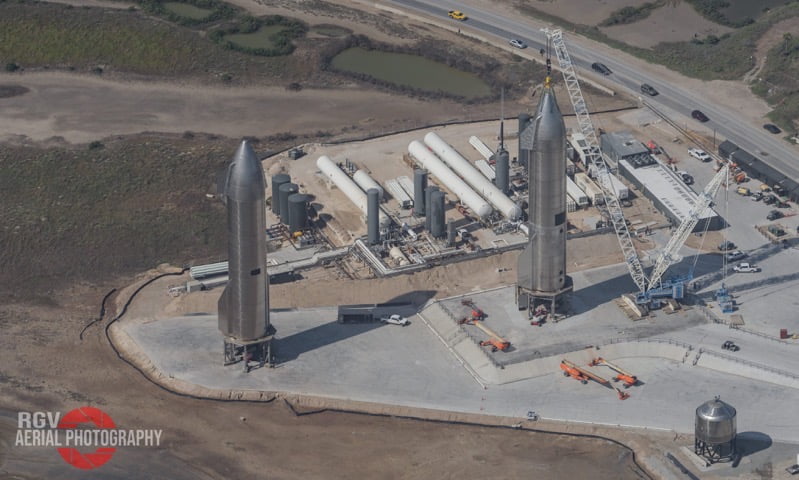
SpaceX Starship SN8 Test Violated FAA Launch License, Triggering Probe: Report

Image via @RGVAerialphotos
SpaceX’s Starship SN9 test has been delayed yet again. It’s now unclear when it will launch in Boca Chica, Texas.
According to a report from The Verge, we may now know why these Starship launches keep getting delayed by the Federal Aviation Administration (FAA).
The report says SpaceX Starship SN8 test, which resulted in an explosion at landing, violated the FAA launch license terms:
SpaceX’s first high-altitude test flight of its Starship rocket, which launched successfully but exploded in a botched landing attempt in December, violated the terms of its Federal Aviation Administration test license, according to two people familiar with the incident
The probe into the explosion was launched that week, “focusing not only on the explosive landing but on SpaceX’s refusal to stick to the terms of what the FAA authorized,” according to two unnamed sources familiar with the matter.
“The FAA will continue to work with SpaceX to evaluate additional information provided by the company as part of its application to modify its launch license,” FAA spokesman Steve Kulm told The Verge on Friday.
“While we recognize the importance of moving quickly to foster growth and innovation in commercial space, the FAA will not compromise its responsibility to protect public safety. We will approve the modification only after we are satisfied that SpaceX has taken the necessary steps to comply with regulatory requirements,” added Kulm.

The road closure for Monday February 1st has now been canceled. Next flight attempt for starship #sn9 is now Tuesday February 2nd. Weather wise Tuesday is looking incredibly good too.#Starship #Texas #SpaceX #BocaChica pic.twitter.com/KU3TgayXfV
— Blake🎧 (@blake_bullock42) January 31, 2021
It’s unclear when Starship SN9 will launch its next test flight, as the Monday closures have been cancelled.
SpaceX CEO Elon Musk recently blasted the FAA on Twitter over the snubbed SN9 launch. “Unlike its aircraft division, which is fine, the FAA space division has a fundamentally broken regulatory structure,” said Musk. “Their rules are meant for a handful of expendable launches per year from a few government facilities. Under those rules, humanity will never get to Mars,” he continued.
Nevertheless, it appears the FAA is now scrutinizing SpaceX test launches even further, given the recent delays with SN9. With the delay, however, SpaceX recently had time to roll out SN10 next to SN9, providing an awesome sight at two Starships next to each other.

